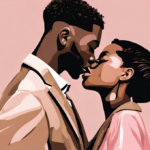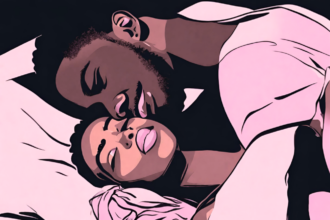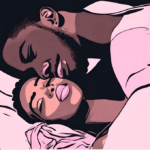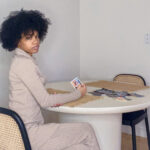In a world where HIV remains a topic often shrouded in secrecy and stigma, the power of sharing personal experiences cannot be overstated. This blog delves into the courageous stories of individuals who are not only living with HIV but who are also bravely opening up about their deepest fears. These fears encompass a spectrum of emotions and concerns, from the profound anxiety of disclosing their status to the world, to the haunting uncertainty about their health and future. Through their candid narratives, these individuals illuminate the often-hidden facets of living with HIV, shedding light on the fears that, when acknowledged and understood, can be the catalysts for reducing the stigma surrounding this virus. Their voices are a testament to resilience, courage, and the transformative potential of sharing one’s truth.

Story: Adria,
October 6, 1992, 28 years ago, at the age of 19 I didn’t get a diagnosis, I was getting a routine blood work, and I got a piece of paper with the word HIV IN RED INK on it, I didn’t know that I was getting tested for HIV, I asked what those letters meant …the answer was………. you have AIDS, you will die… no more explanations I feared the unknown, not being able to understand what the F…. was going on I feared hurting my loved ones, my mother, my father, my family. Well, after all that fear they became my biggest support. I feared the idea of not being able to see my nieces and nephews grow, they are my life!! Today I have 11 great nephews and nieces I feared my ignorance at that time, losing control of my life at that moment, feared the rejection from my friends For 5 years, I feared going to the doctor’s office, he was evil, he used to tell me, you are going to die in 3 to 5 years, you deserve it because of your lifestyle, he was a nasty human. I almost died twice in one year, once in my hometown and 2 months later in another country, I feared dying alone, far away from home. That’s when I decided that no one was going to tell me how to live my life or that I was going to die. I made the decision to live, fight, and love I discovered that other people’s fears were not my fault, people who rejected me, were not on me, that was their ignorance, closed mind, and insecurities. I never saw my HIV status as an impediment to finding love. I just went up front, told my HIV status and if that person couldn’t handle me being HIV, that was he’s problem, not mine, no need to justify myself, bye and next I worked for the best HIV/AIDS agencies in Los Angeles, I was part of media campaign’s, made appearances on TV, 100% public and very proud. Those were great moments, JUST BEING ME!! OUT
Conclusion for Adria’s story:
The fear of not being accepted by friends and family after disclosing one’s HIV status is a profound and often heart-wrenching concern. It’s a fear rooted in the deep-seated desire for love, understanding, and support from those closest to us. The thought of potential rejection can cast a long shadow over the decision to share this deeply personal aspect of one’s life. It’s a fear that lingers, causing sleepless nights and moments of doubt. Yet, for many, it’s also a fear worth confronting, as the courage to share one’s status often leads to an outpouring of compassion, solidarity, and a reaffirmation of the strength of familial and friendship bonds.
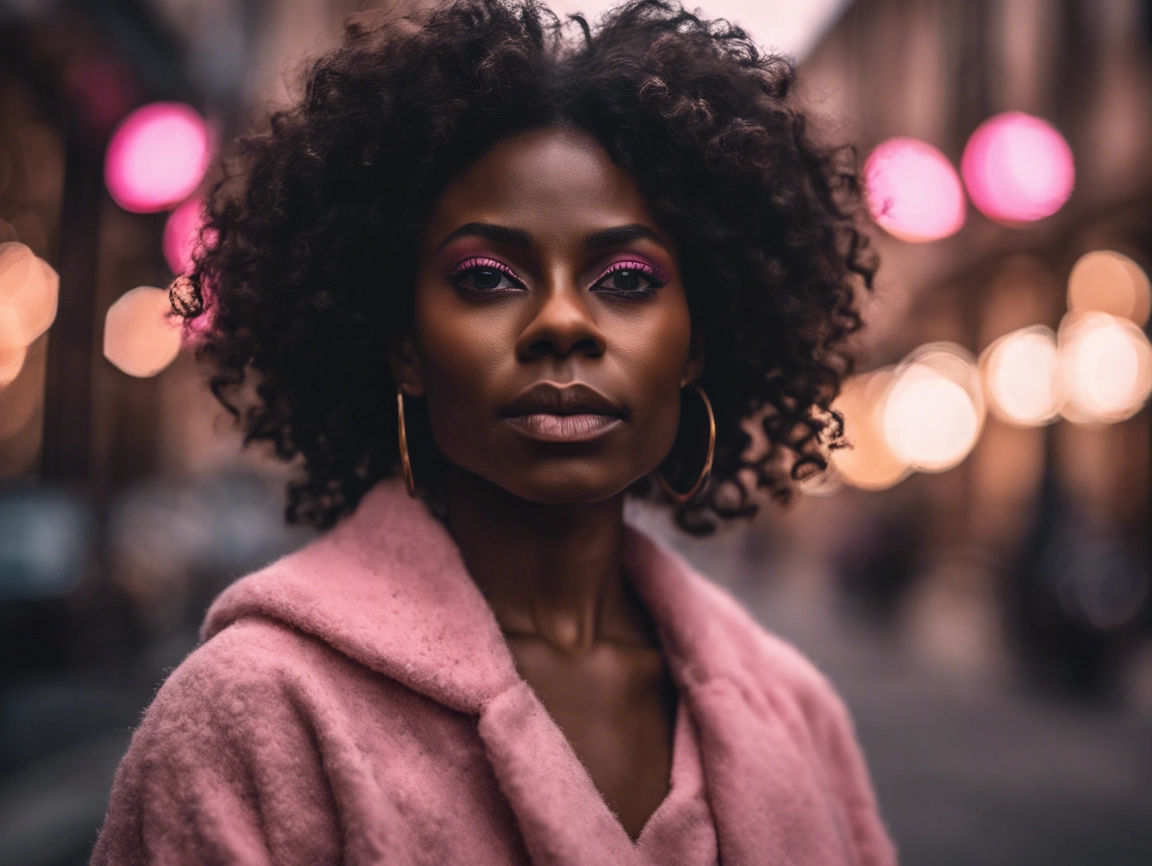
Story: Jessica
When it comes to fears about HIV the first thing is being worthless and disgusting as a human being. Not only is being worthless and disgusting as a human being one of my biggest fears but also never finding a partner to share my life with. There’s it’s over overarching fear that I won’t be loved or accepted. There’s an overarching fear that my family and friends will not accept me for who I am, I never chose this life and did my best to avoid it, and still ended up diagnosed. And lastly, I won’t be able to live a life long and fulfilled making myself the ability to be a contribution to the world like I so desire to have.

Story: Evan,
My biggest HIV fear when I became positive in 2016 was not having another love relationship with a man. I felt like a man would never want me again.
Conclusion for Evan’s and Jessica’s story:
The fear of being unloved or rejected by a partner because of an HIV diagnosis is a profoundly human and poignant concern. It encompasses the longing for love and intimacy, as well as the fear that one’s diagnosis may change how someone views them. It’s a fear that can weigh heavily on one’s heart, casting doubt on the possibility of finding love or maintaining a current relationship. However, it’s crucial to remember that love, at its core, is about connection, understanding, and acceptance. While the fear may be real, many individuals find that when they are brave enough to share their HIV status with a partner, it can lead to a deeper, more authentic bond built on trust, empathy, and unwavering support. Love, when it’s genuine, often finds a way to conquer fears and bridge gaps

Story: Zaida,
I’m a 34-year-old recovering drug addict and alcoholic. I remember as a child hearing about HIV in health class in school. Not much information was given but just about how “bad” it was and how it was transmitted. From there I learned from my surroundings the stigma and shame that came with being HIV positive. Friends would say people had AIDS as a pejorative. As my self-hatred and internalized homophobia shrouded in drug and alcohol abuse progressed, I began to have unprotected sex often. Let me be clear by saying that having casual sex, sex work, and multiple partners is NOT bad or wrong. The way I went about it was dangerous and selfish and I believed the things people/society told me about myself: that I was disgusting and infested. That shame and fear kept me from getting tested for 10+ years. I drank and used drugs around this shame, I quivered at the mention of HIV in conversation and would change the topic out of panic, I avoided treatment centers because I knew I might be tested and worst of all I didn’t tell people I was with that I hadn’t been tested. At the time, I would rather have died not knowing than be tested and take responsibility for myself and my actions. I eventually got sober and through recovery gained the courage to get tested. My results came back negative but that does not change the selfishness and ignorance of my past and my behaviors. I’m sharing my story with the hope that it helps anyone who may feel similar fear and shame, bc the stigma that surrounds HIV/AIDS is dangerous and toxic and needs to change.
Conclusion for Zaida’s story:
Engaging in drug use and unprotected sex with multiple partners while living in fear of contracting HIV is a perilous and complex situation. It’s a scenario marked by both risk-taking behaviors and an underlying apprehension about the potential consequences. In this precarious balance between recklessness and fear, individuals may find themselves caught in a cycle of dangerous choices driven by various factors, including peer pressure, addiction, or a lack of education about HIV. It’s a circumstance that underscores the urgent need for comprehensive sexual health education, accessible addiction treatment services, and support systems that can help individuals make safer choices and prioritize their well-being.
.

Story: Mel
My fears have been many since I found out this year that I was positive. Started with the fact to go to the lab and get tested, I’m pregnant and sincerely, I was afraid to take that test even though I was married, I knew my husband (now ex, he left me) was negative because he got tested last year. I was afraid because I knew I had some sexual partners, some of them with no protection before I got married and I made the mistake of not getting tested before our marriage. After getting tested and being positive, my fear increased because I had to disclose my status to him. It has been one of the most difficult times I have lived in my life. After that, I was afraid of my baby’s health and he asked me to get an abortion… of course I didn’t. My fears kept increasing when I didn’t know what he was thinking to do… stay or leave me. 2 weeks later, he left me. After one month, we signed the divorce. I have been alone since then, with my pregnancy, my insecurities, and dealing with everything by myself. My mom and sister have been supporting me, but the rejection of my husband sometimes kills my desire to fight. I’m afraid to get sick and then have to disclose my status in a hospital. I’m afraid of love again. I’m afraid of having sex. I’m afraid to keep moving, but I’m doing it. He doesn’t lose the opportunity to tell me “You are sick”, the other night he told me my pussy is dangerous and contagious. One day he told me he didn’t love me anymore and if he had known about this before he never have gotten married to me. Just 5 months of living with this truth, just trying to survive and be normal.
Conclusion for Mel’s story:
The fear of getting tested for HIV while pregnant and being in a committed relationship can be an incredibly daunting experience. It’s a situation marked by the conflict between a desire to protect one’s family and the terrifying prospect of confronting a potentially life-altering diagnosis. The fear of how the test results might affect not only your health but also your relationship and the well-being of your child can be paralyzing. However, it’s essential to remember that early detection and treatment are critical in safeguarding your health and preventing transmission to your baby or partner. Seeking support from healthcare professionals, as well as emotional support from trusted friends or family, can provide the strength and guidance needed to face this fear head-on, ensuring the best possible outcomes for you and your loved ones.
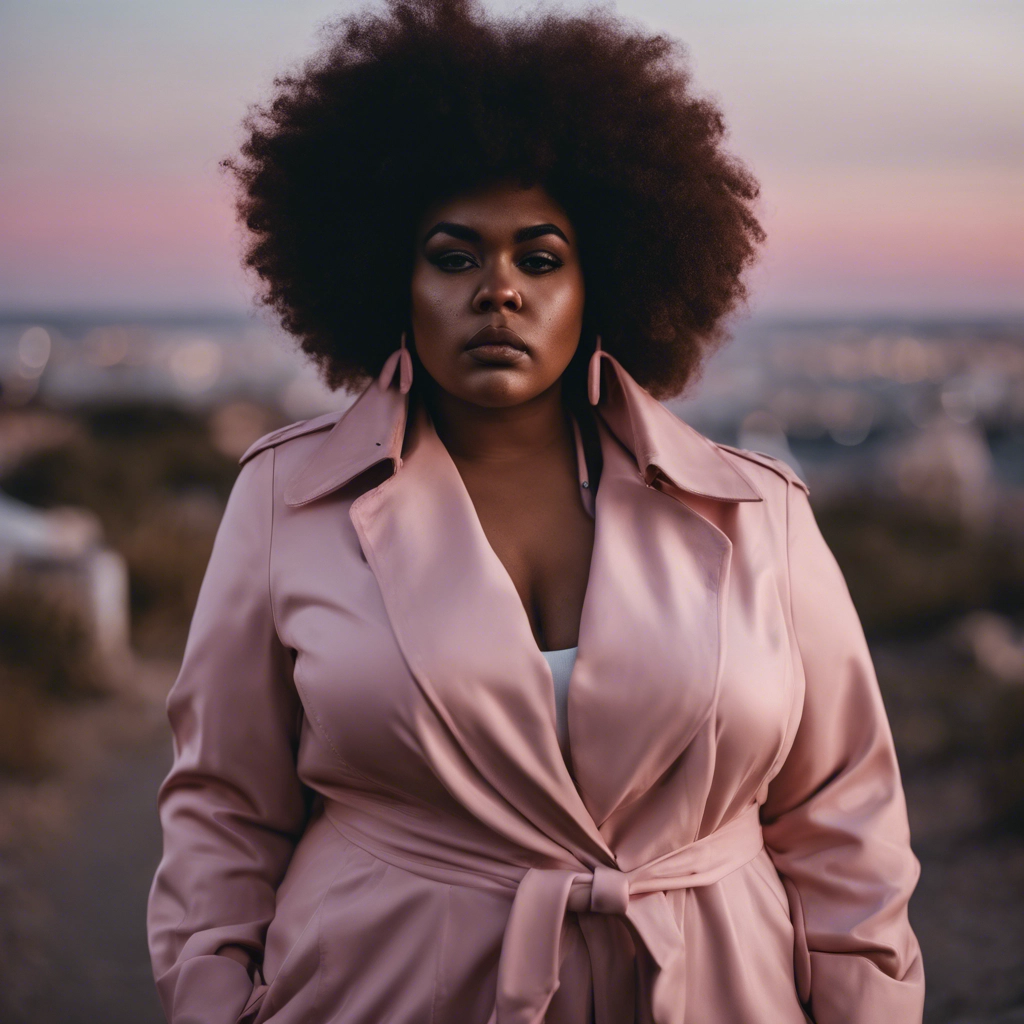
Story: Kashinda
My current HIV fear is that the negative perceptions of others will continue to hold my fellow HIV community members captive. I hope to be a positive voice in helping educate, destigmatize, and break HIV fear-based barriers so that those living with this condition can take comfort in knowing they too can be free from within by lifting their voices. It’s long past overdue, the shaming of others, to come to an end. Compassion is key.
Conclusion for Kashinda’s story:
Advocacy to uplift people living with HIV is a powerful force for positive change in our society. It is a call to action to challenge stigma, discrimination, and misconceptions surrounding HIV, fostering a more inclusive and empathetic world. Advocates work tirelessly to promote awareness, access to healthcare, and education, ensuring that those living with HIV are not defined by their status but rather by their strength, resilience, and contributions to society. By advocating for equal rights, healthcare, and opportunities, we create a society where people living with HIV can thrive and lead fulfilling lives free from judgment and fear, ultimately paving the way for a more compassionate and accepting world for all.

Concluding the blog:
The stories of those grappling with the intertwined challenges of HIV status, drug use, and pregnancy illustrate the profound human emotions surrounding fear, stigma, and vulnerability. It is a journey marked by trepidation about potential rejection from friends, family, and partners due to the complexity of these circumstances. However, these narratives also emphasize the importance of seeking understanding, support, and compassion. By sharing their experiences, individuals in these situations not only break the silence but also provide an opportunity for empathy and growth, fostering an environment of acceptance and love. It is a reminder that, in the face of adversity, the bonds of family and friendship can be remarkably resilient, ultimately offering hope, healing, and a path forward toward a brighter tomorrow.





